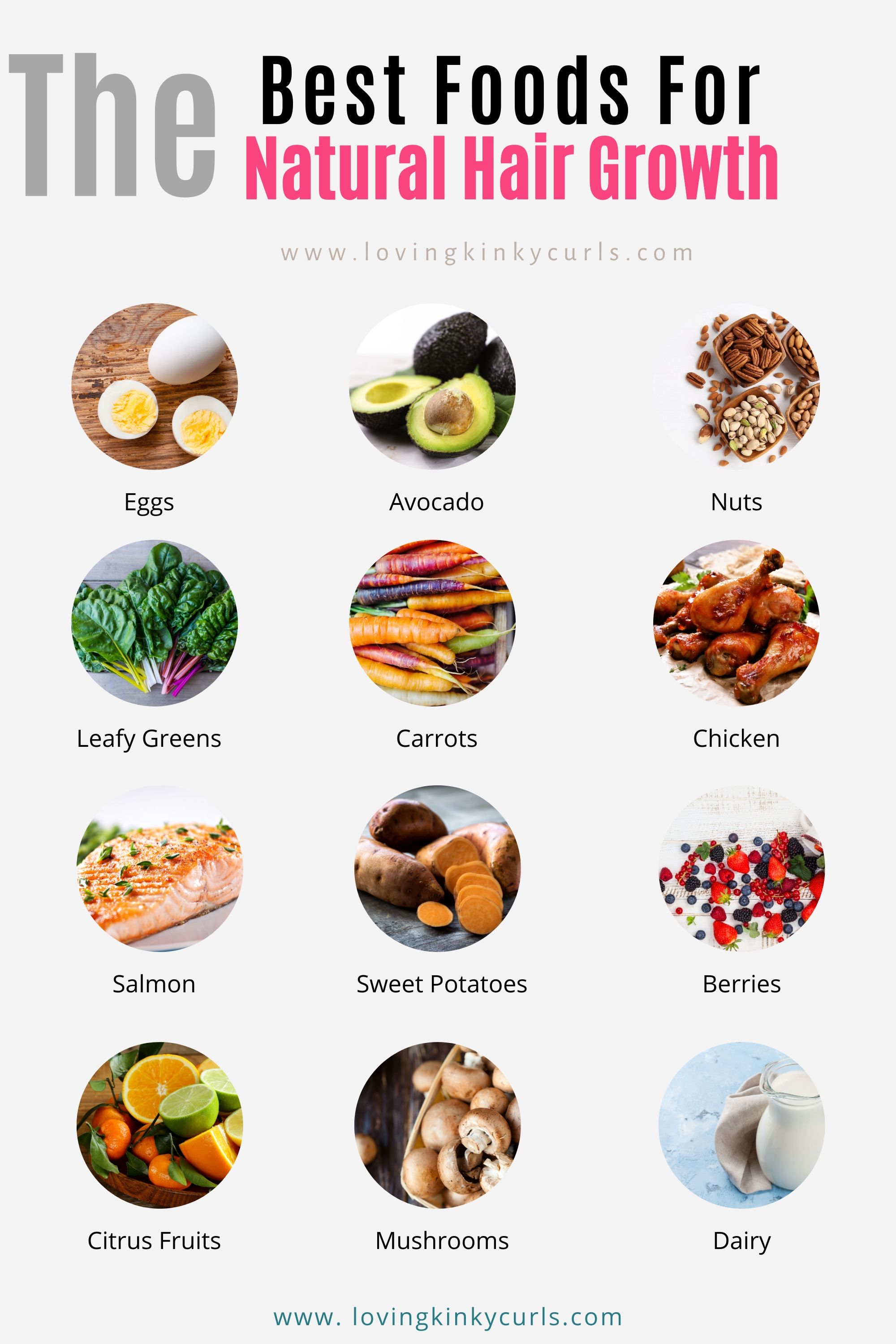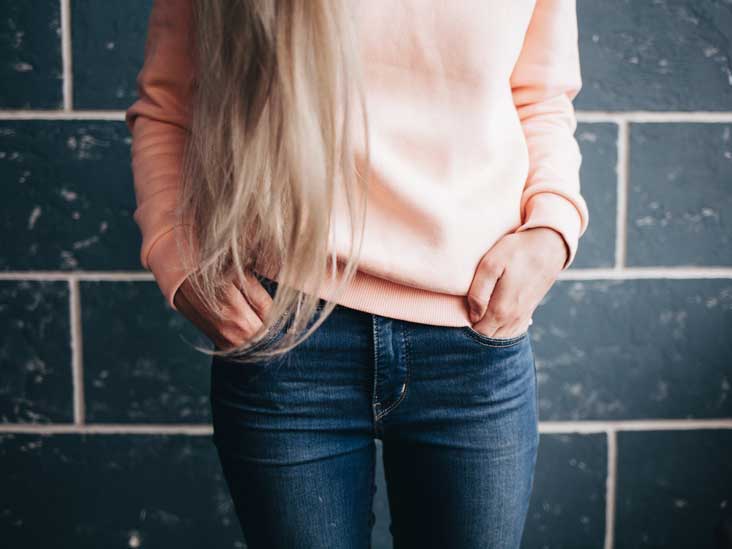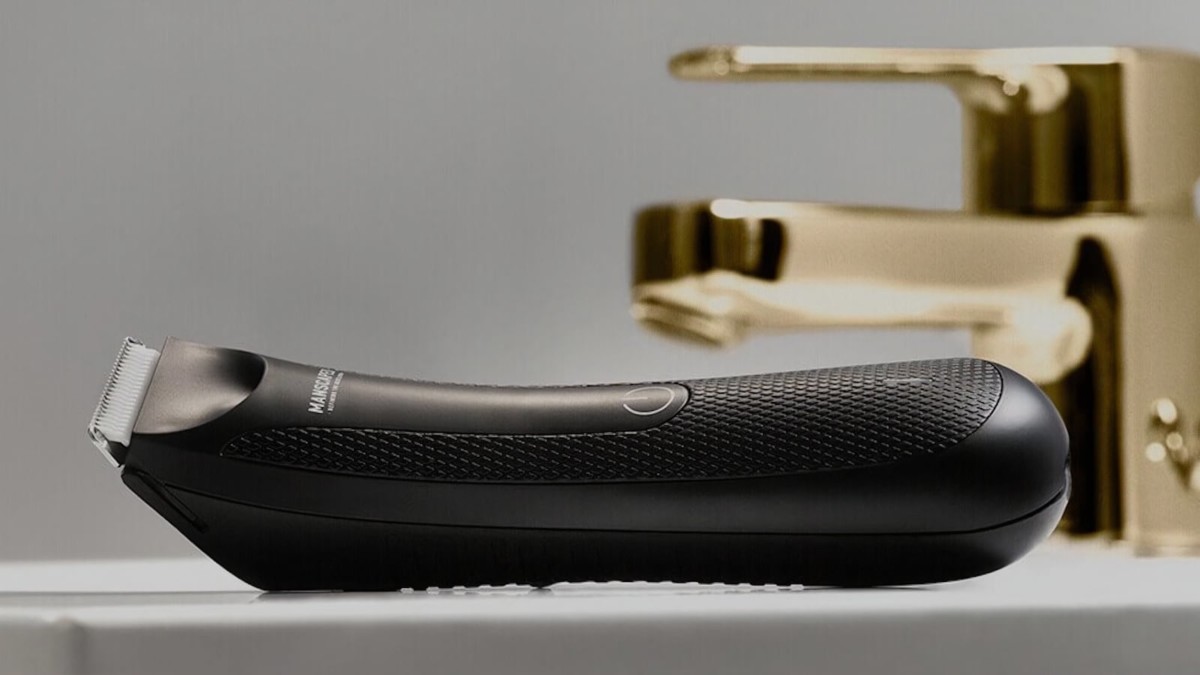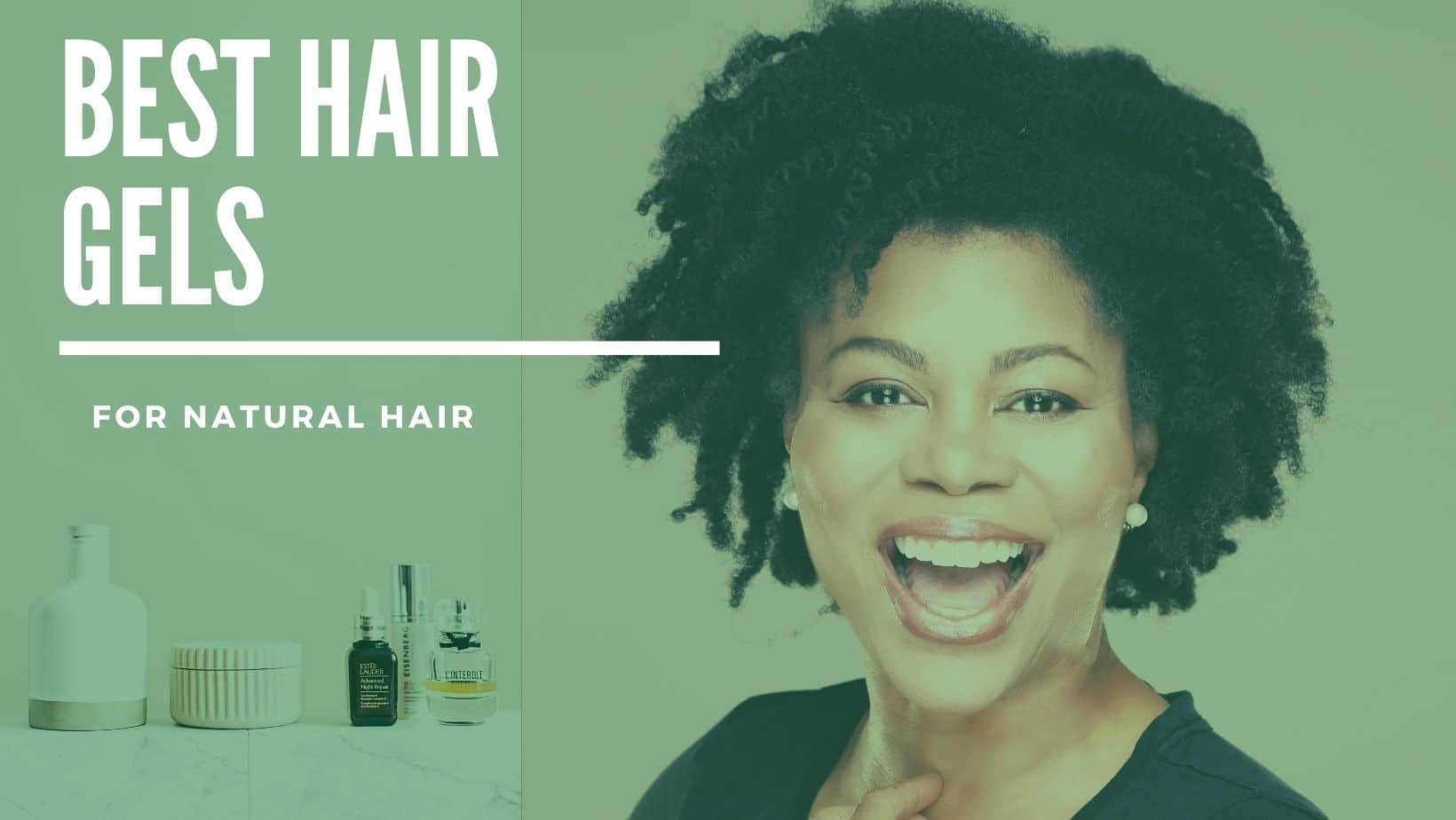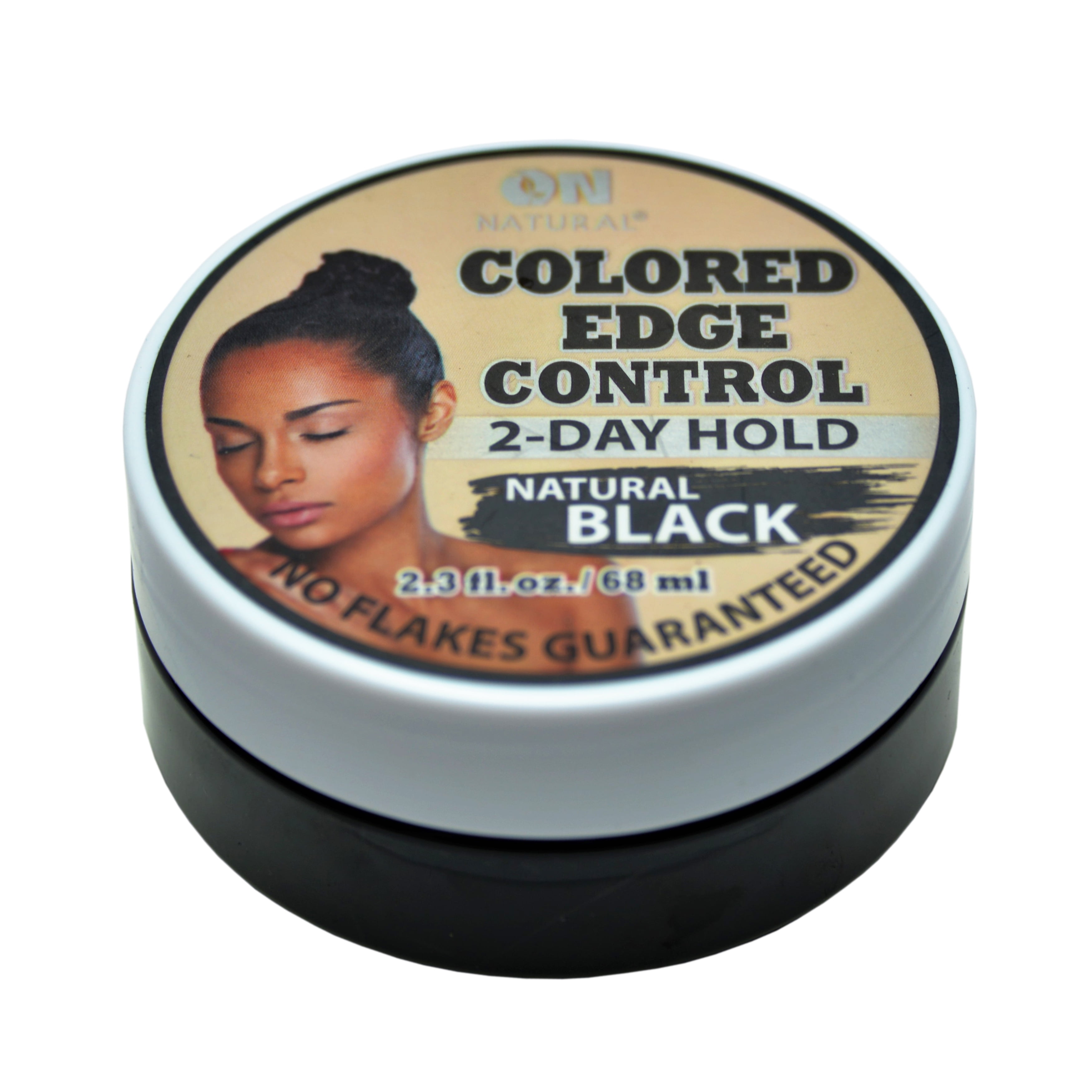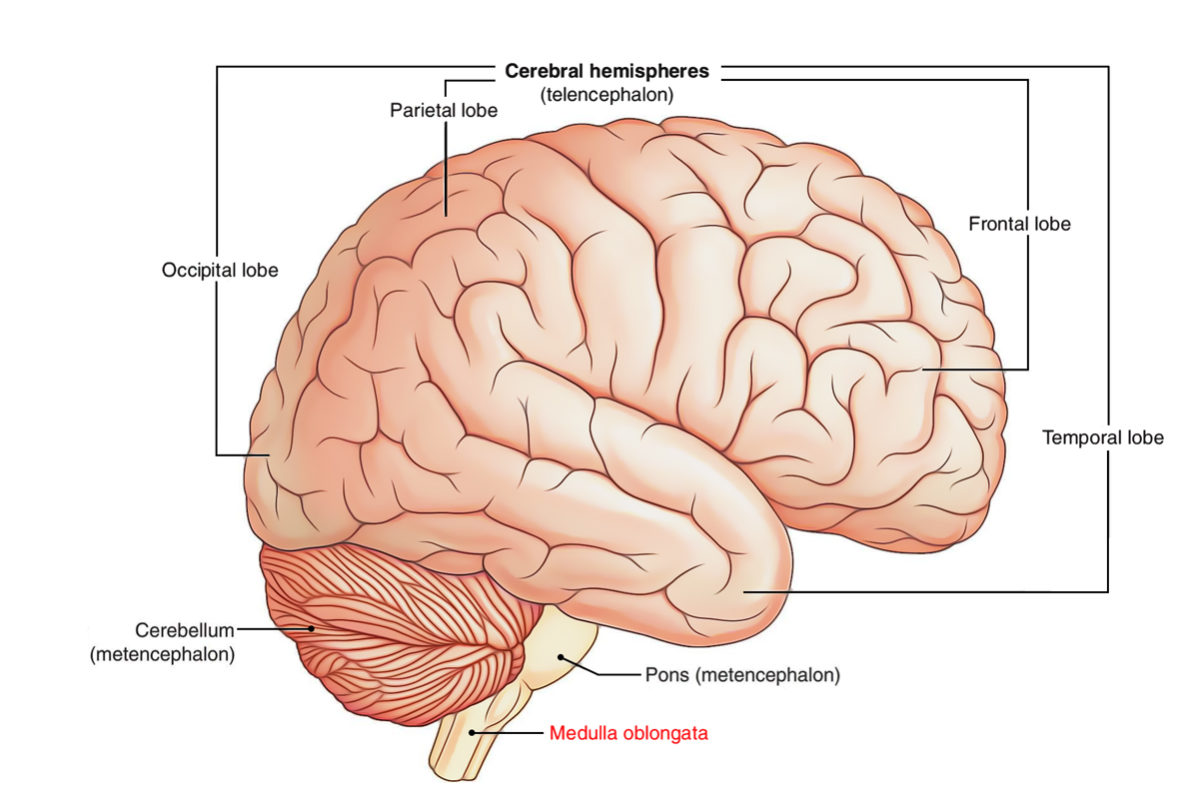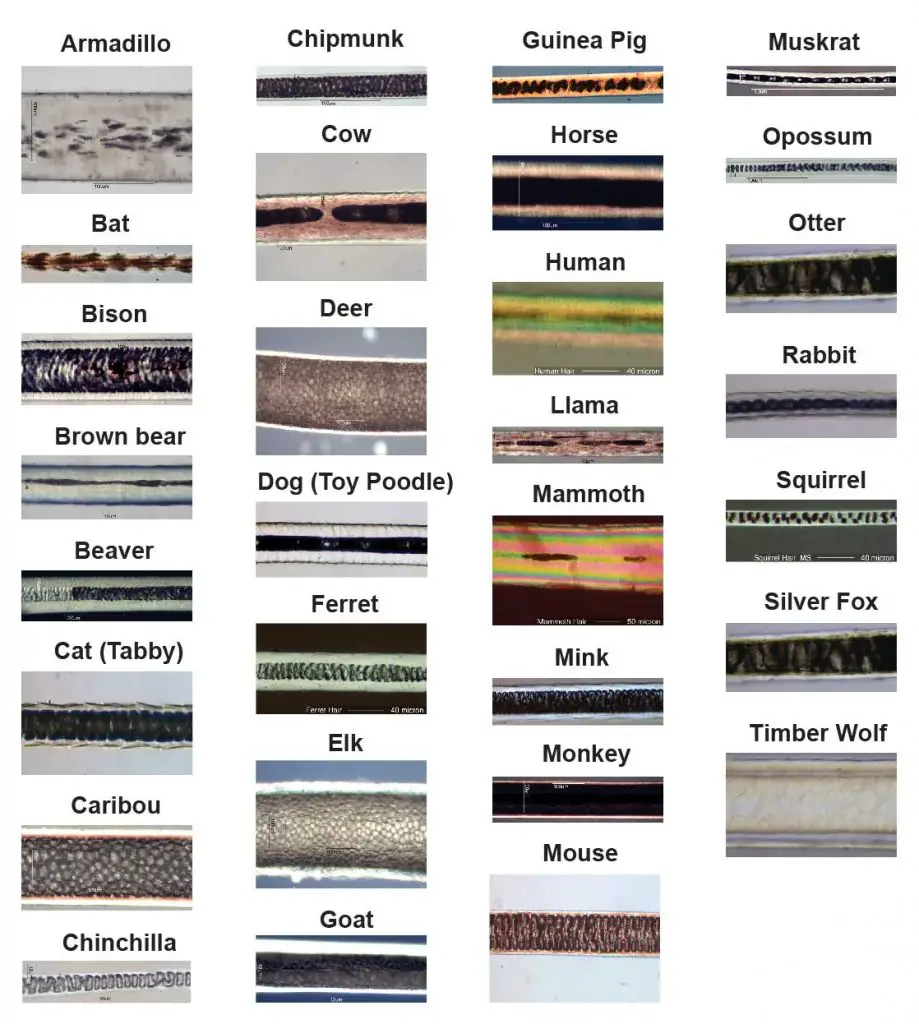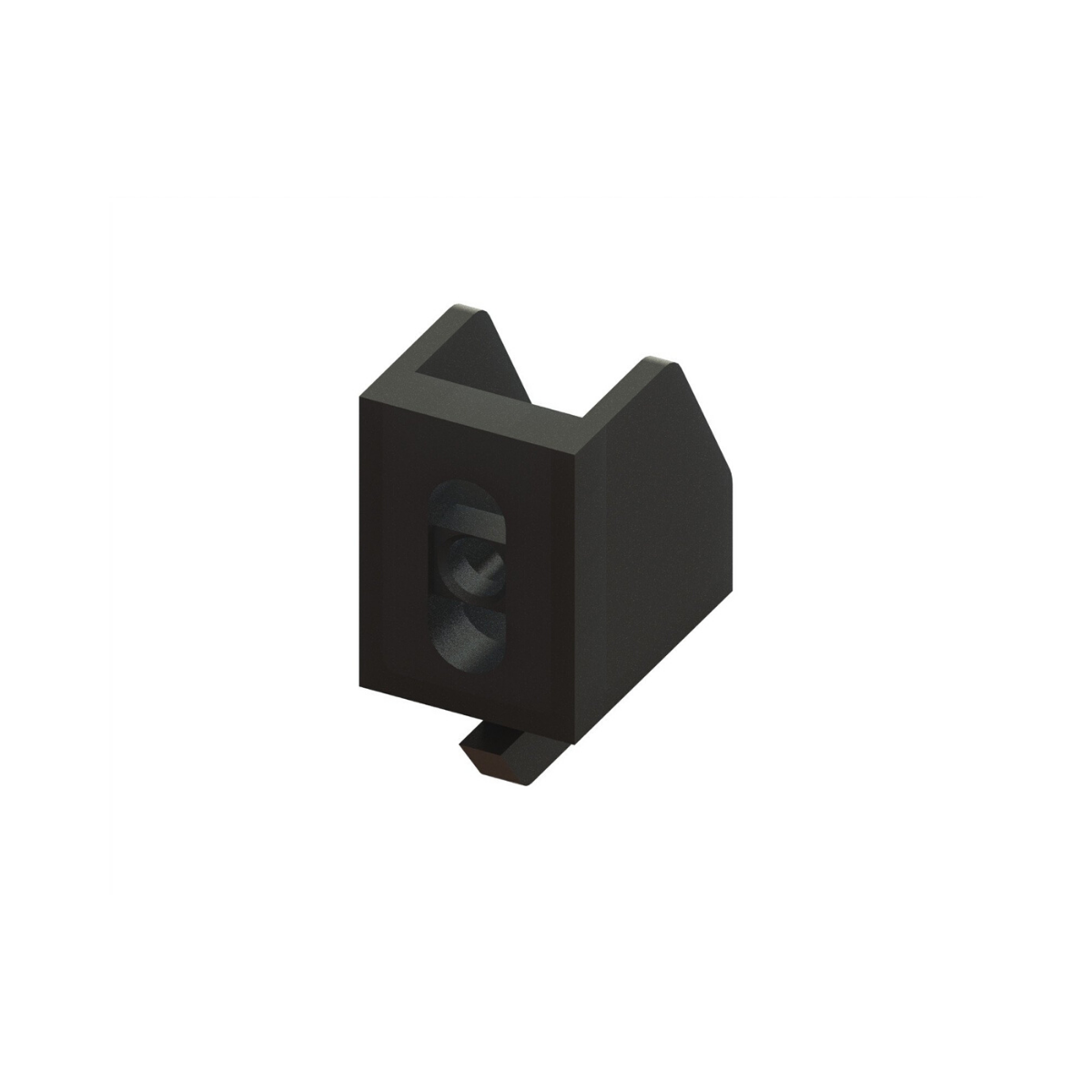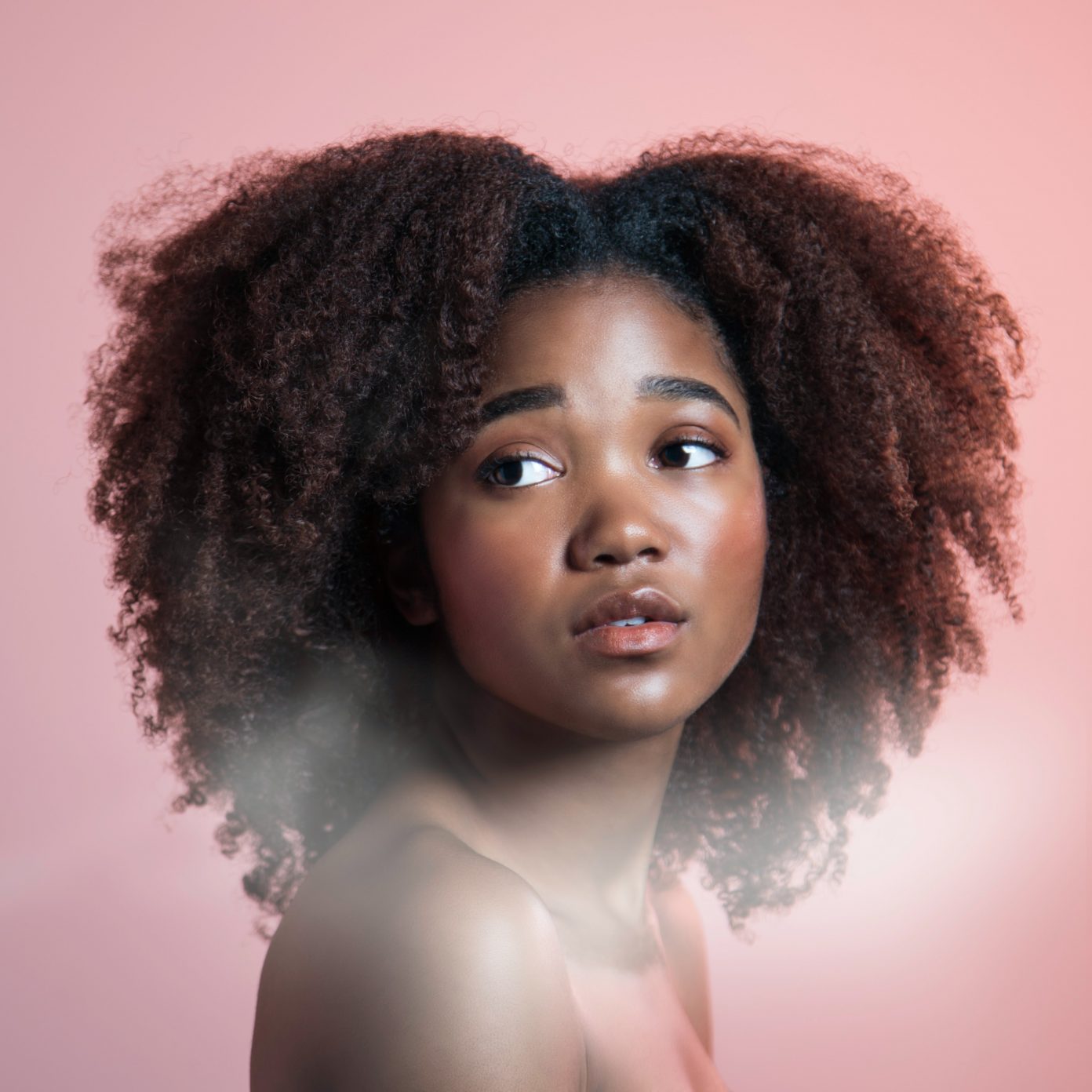Table Of Content
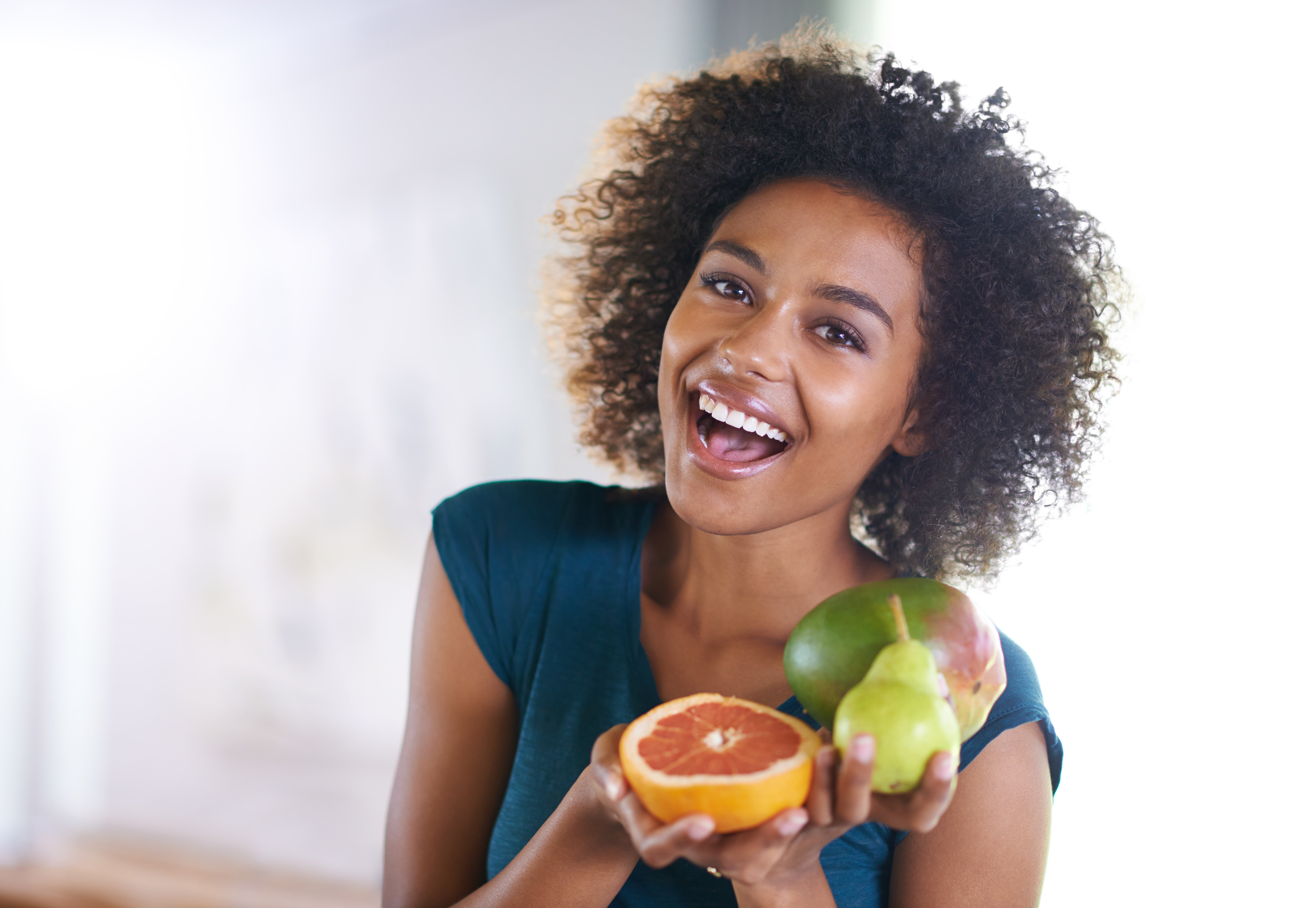
Beans and other legumes are full of hair-nourishing ingredients, like protein, B-vitamins, and zinc, says Zive. Whether you whip up healthier fries, turn them into a dessert, or toss them in a salad, sweet potatoes served any style are hair-healthy, thanks to their abundance of vitamins A and B6. Black beans, chickpeas, lentils, peas, and other pulses will help you switch things up and still pack tons of hair-healthy protein, iron, and fiber. If altering your diet doesn’t do the trick, speak to your doctor, suggests Salvatore J. Di Grandi, M.D., a dermatologist at CareMount Medical in Pawling, NY.
Diet and Healthy Hair
Sunflower seeds are rich in plant-based protein and vitamin E, two nutrients necessary for healthy hair growth. Vitamin E has powerful antioxidant activity and may help promote hair health by protecting hair follicle cells against oxidative damage, which is known to disrupt hair growth. Look for foods rich in "fat-soluble vitamins, B-complex vitamins, omega-3 fatty acids, and iron to support hair health," says Valerie Agyeman, RD, dietitian and host of women's health podcast Flourish Heights. Incorporating these nutrients into your diet can improve hair loss symptoms in certain cases, per a review of studies published in the journal Dermatology and Therapy. Deficiencies in protein, minerals, fatty acids, and vitamins can lead to hair loss, found a study published in Dermatology Practical & Conceptual and a review in Dermatologic Clinics. Several nutrients have been linked to healthy hair growth, including protein, riboflavin, biotin, vitamin C, vitamin A, omega-3 fatty acids and iron.
Best Foods That Will Help Your Hair Grow Thicker and Stronger, According to Dermatologists
Want longer, healthier hair? These 3 foods might help - The Atlanta Journal Constitution
Want longer, healthier hair? These 3 foods might help.
Posted: Mon, 26 Feb 2024 08:00:00 GMT [source]
These fruits offer vitamin A and plant compounds, as well, more key nutrients for hair growth. They make for delicious vinaigrettes or juices, but they also bring perfect, sweet acidity to marinades, pastas, salads, and sauces. When it comes to hair-boosting, collagen-rich foods, there are few options better than bone broth. “Bone broth is a great source of collagen, and it’s packed with filling protein, which we know is also important for hair health,” Tamburello explains. Bone broth is easy to make at home, but there are some great options for purchase including Azuluna Foods and Dr. Kellyann.
Vitamin D
While more research is needed to understand the connection between micronutrients and hair loss, ensuring you’re getting enough of these 13 foods rich in nutrients that support hair growth is a good idea. This Act+Acre mask is bursting with fatty acids, proteins, and vitamins, which help to revive damaged strands and fried ends. The formula also contains antioxidants that neutralize free radicals, which not only wreak havoc on your skin but also your hair. “It’s light enough to be used daily, while still being deeply hydrating and moisturizing,” says Dr. Reavey. This antioxidant helps prevent oxidative stress that may lead to hair loss,' says Gomer.
Best for Brittle Strands
Before using a collagen supplement, look at the ingredient list and protein profile, and avoid supplements with too many additives or fillers. This article will discuss collagen protein and hair growth, collagen types and hair application, who should not use collagen for their hair, and alternatives to collagen for hair growth. You don’t have to nix them all together, but limiting intake can decrease inflammation and skin dehydration, bettering hair, skin, and nail health. Another study from 2011 suggested omega-3 supplements may help reduce skin damage from UV ray exposure. “Vitamin A promotes keratin production and is essential for skin and nail health,” Tomaschko says.
Skin and nails

Keeping that in mind, studies have shown that a balanced diet with adequate calories, protein, healthy fats, complex carbs, vitamins, and minerals supports healthy hair growth. Quite a few studies have also linked diets that eliminate certain foods with an increased risk of hair loss. 'Some vegans I have worked with who have both lost weight and removed animal products have also reported hair thinning and or hair loss,' says Kimberly Gomer M.S., R.D., due to nutrient deficiencies. “Some vegans I have worked with who have both lost weight and removed animal products have also reported hair thinning and or hair loss,” says Kimberly Gomer M.S., R.D., due to nutrient deficiencies. If you're looking for simple snack foods for healthy hair, seeds and nuts make an easy addition to any diet. There are so many different kinds to choose from, and various seeds and nuts provide powerful doses of the nutrients we've already discussed.
11 Best Hair Growth Vitamins And Supplements (2024) – Forbes Health - Forbes
11 Best Hair Growth Vitamins And Supplements ( – Forbes Health.
Posted: Fri, 05 Jan 2024 08:00:00 GMT [source]
Collagen
This mask from Colleen Rothschild is suitable for all hair types, including color-treated hair. Although it contains rich oils and butters to nourish your hair, smooth frizz, and reduce split ends, the formula does its job without leaving behind a heavy, greasy residue. 'Hair loss can be [due to] hormone imbalances, medications, genetics, environmental exposure, and diet. Diet is one thing that may be easier to change that will have an impact on hair,' says Gomer. Your best course of action for bettering hair loss is to talk to your dermatologist and see if they think a change in diet will help you.
Use avocados as a side with eggs or have some guacamole as a snack or meal component. There is a commercially available food supplement tablet containing hydrolyzed fish-origin collagen (300 mg/dose), taurine, cysteine, methionine, iron, and selenium, marketed for people with hair loss disorders. There is no controlled data showing the efficacy of this product as an addition to specific treatments for hair loss conditions.
While studies such as these may be a starting point for further research, there is not enough evidence to show collagen supplementation promotes hair growth in humans. Though protein has been linked to hair and skin health, Doebrich says it’s possible to get those benefits—and others—if you follow a vegan diet. Stress may cause your follicles to go into a resting phase during which they shed hair instead of growing new strands. Trimming your hair every few months may boost the growth of healthy hair. It removes split ends, preventing them from spreading farther up your strands and causing hair breakage. Applying antioxidants to your scalp may help reduce hair loss and improve the condition of your scalp.
"Collagen gives skin its elasticity, hair its strength, and connective tissue its ability to hold everything in place," says Pritchard. "Our bodies produce collagen naturally, but it declines as we age, so it's important to supplement through diet." Organic bone broth or powder forms (that you can mix into smoothies or oatmeal) are great options. Like oysters, beans are a good source of zinc, which aids the hair growth and repair cycle. A 3.5-ounce (100-gram) serving of black beans provides up to 14% of a female’s daily zinc needs and 10% for males (30). Flaxseeds provide a type of omega-3 fatty acid that is not used by the body as efficiently as the omega-3s found in fatty fish. Nuts have also been linked to other health benefits besides hair growth, including reduced inflammation and a lower risk of heart disease (20).
Berries are loaded with beneficial compounds and vitamins that may support hair growth. Research from 2016 indicated that women who ate low-glycemic diets rich in complex carbohydrates, vitamins A, B, and C, and minerals like zinc and magnesium might have less hair loss during menopause. "This will help prevent a type of hair loss called traction alopecia, which can happen from repetitive tight hairstyles." Whole Grains to Obtain BiotinWhole grains are rich in biotin along with iron, zinc and B vitamins.
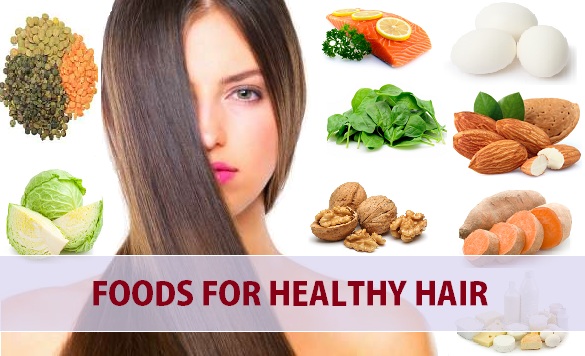
Legumes, such as chickpeas, lentils, black beans, and peas, are a good alternative for people who follow a vegetarian diet and want to consume more protein. There's no one best food to support hair growth, but a diet rich in various nutrients can help. Your hair is in a constant state of growth, and hair follicles are highly sensitive to changes in nutrient levels, oxidative stress, and hormonal fluctuations.
But luscious, thriving locks can be more difficult for some people to achieve based on a variety of factors including age, genetics, and certain medical conditions. There is certainly a plethora of topical hair products and supplements available to encourage hair growth, or to reduce hair loss or thinning, but many work with only varying success (or are straight-up untrustworthy). Just one ounce provides nearly half of your daily vitamin E requirement, plus some B vitamins, zinc, and essential fatty acids,” says Yawitz. Salmon is also an excellent source of omega-3 fatty acids, a key nutrient for healthy hair. In one study, a majority of women who took omega-3 and other supplements reported a reduction in hair loss as well as an improvement in hair diameter and hair density. Your body doesn't naturally produce omega-3s, so you will have to get them from food or supplements.
